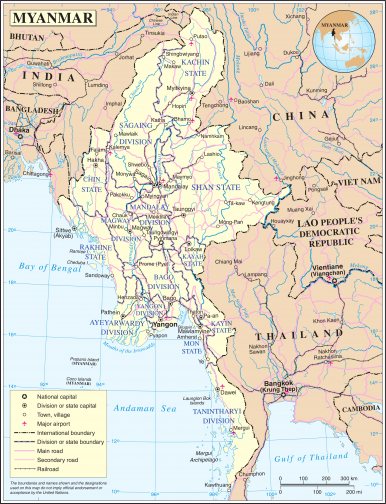
New Delhi, Jun 3 : Twenty-six journalists have been killed over the past 12 years in the northeast region, making it one of the most dangerous places for working journalists, according to a Press Council of India member.Official, member of the Press Council sub-committee for formation of a proposed law for protection of journalists in India, told reporters here that the legislation would have a provision...













